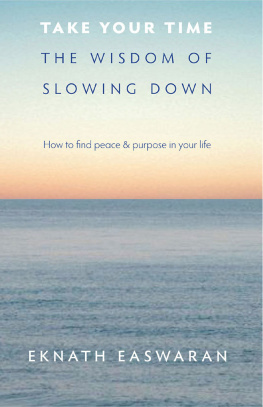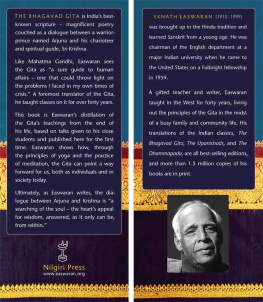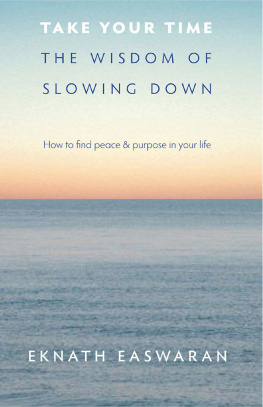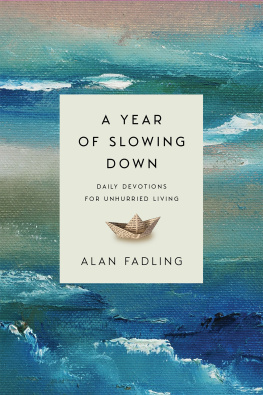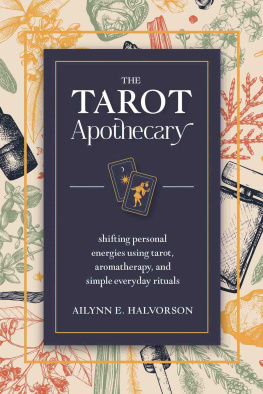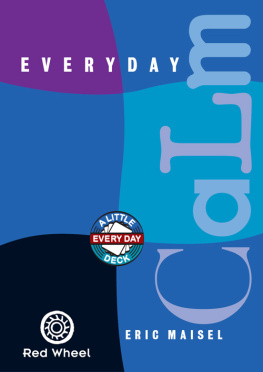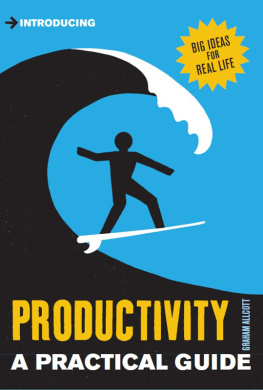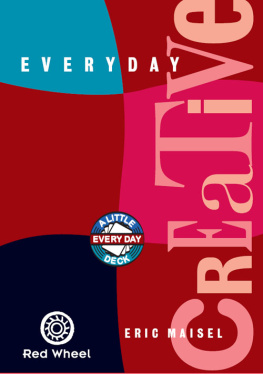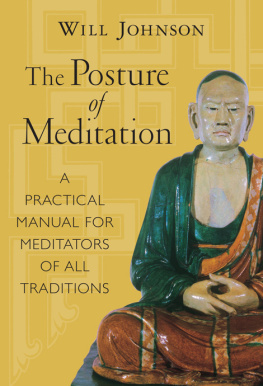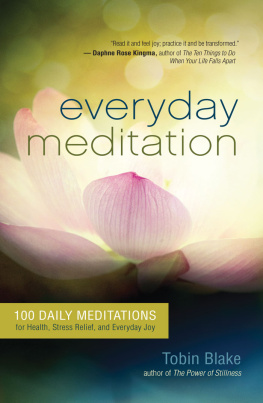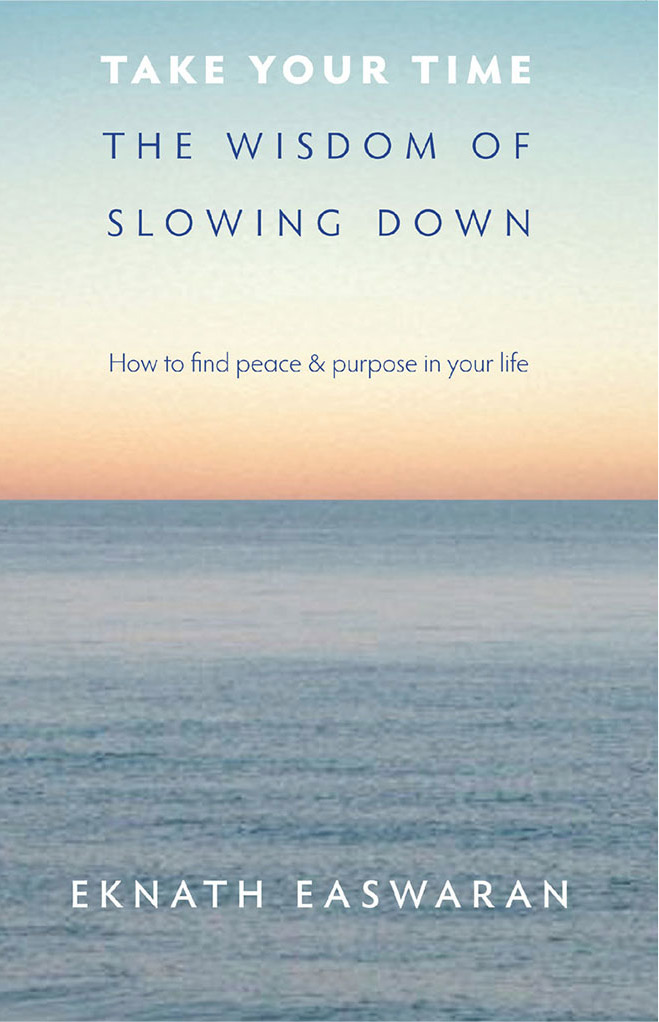This edition of Take Your Time incorporates revisions planned during the authors lifetime. In addition to minor changes, some dated references and stories have been removed or replaced by new material drawn from his talks, and the suggestions for practice have been set apart to encourage experimentation.
Most significantly, a new opening chapter drawn from previously unpublished work emphasizes the spiritual benefits of an unhurried mind and a more intentional life. Take Your Time was meant to complement books on time management so that juggling time and priorities can serve the need to find meaning and purpose in the affairs of everyday life. If other books help with to-do lists, Take Your Time aims at what one wants to be.
FOREWORD
The Gift of Time
By Christine Easwaran
I had the privilege of knowing someone who had full possession of every moment all the time there is. And he gave it away freely.
Time isnt a thing, of course. We cant really possess it or give it in the same way as we can give an object. When I say Eknath Easwaran had all the time there is, I mean that he lived completely in the present. Instead of being hurried by time, he was master of it.
Living in the moment is not the prerogative of mystics. It is prized by athletes, dancers, and other performing artists. Without warning, they tell us, they sometimes find themselves so absorbed in what they are doing that events slip into slow motion; time even seems to stop. They forget themselves, the limitations of the body and their everyday personality; there is nothing but them and the ball, them and the music, them and a vision too rarefied to be described. They are experiencing flow; they are in the zone.
Experiences like these, when one is lifted out of ordinary time, are often accompanied by a sense of profound peace. Scientists explain this by brain chemistry, but to Easwaran, ( Easwaran is his given name; Eknath is the name of his family, which is matrilineal.) brain changes are effects. The cause, he explained, is that complete absorption brings a healing pause in the frantic activity of the mind. Whatever we are doing in that instant fills our consciousness. We are too absorbed to worry, to fret over the past or feel anxious about the future, to be divided by conflicts or dwell on what others might be thinking of us; we simply live. Its as if the flickering of thoughts is our real clock: when it slows significantly, we are lifted into a higher level of awareness.
This is a precious clue, Easwaran tells us. It suggests that the secret of fulfillment lies not outside us but in the way the mind works. We may associate being in the zone with performances like gymnastics or ballet, but activity is not what matters. What these peak experiences teach us is that living in the moment is a mental skill, a matter of training the mind and that means it can be learned. We dont have to be a star performer or rocket scientist to learn this; its within reach of all of us.
In this book, Easwaran offers ways to develop the skill of living in the present so that we can open up the promise held within each moment of our lives. The more we practice, the more we discover in the time we have and so the nearer we move to having all the time in the world. That, Easwaran says, is our birthright as human beings. It has already been granted to us; we simply have to learn how to claim it.
When I met him in 1960, soon after his arrival in California as a professor from India on the Fulbright program, Easwaran was full to overflowing with the desire to teach these skills. A born teacher, he had distilled his experience into an eight-point program that he himself followed. In addition to his obligations at the University of California, he had speaking engagements throughout the Bay Area and even some popular lectures on campuses in Southern California.
The schedule was always tight, but he was never in a hurry. Not once, then or since, did I see him pressured into speeding up to get more done in the time available. By his example, he was constantly teaching what he knew from experience: the most effective way to accomplish a lot is to do one thing at a time and do it well.
The first time I remember Easwaran asking me to slow down was on a beautiful autumn afternoon in 1960. I was driving him back to Berkeley from Walnut Creek, where he had given an informal lecture on the philosophy of ancient India to a small but enthusiastic audience. The freeway was new and broad and there was almost no traffic. I had no reason to hurry, but under these conditions it was natural and fun to go the speed limit. So it came as a surprise to me when he asked me to slow down I wasnt exceeding the limit, after all. But I dropped back anyway.
Yet habit is habit and the speedometer gradually worked its way back up.
Then he asked me the second time to slow down. This seemed ridiculous. I felt a little annoyed, as I had as a teenager when I was learning to drive on rural roads in Virginia and my dad would tell me the same thing. But then I remembered. This man is from India, where the pace of life is very slow. Why else would he want to go slow? So I slowed down.
This was my first lesson in slowing down. It took me a long time to understand why I should and much longer to learn how.
In those days, I simply couldnt understand why Easwaran placed so much importance on such matters. I thought it might be cultural. As an American, I took hurry for granted and considered it self-evident that speed means efficiency and faster is better. I soon learned that efficiency comes from complete concentration on one thing at a time, even when one has to manage several tasks. The secret is the unbroken flow of attention that characterizes peak performance.
Easwaran enjoyed watching sports especially those he understood from playing them, such as tennis and soccer because he enjoyed the concentration of a champion. I began to see that he too moved with the efficiency and grace of the performers he liked to watch. They understood the inner game, he said; they knew the importance of the mind. That was his field, the mind. He wanted everyone to see that this training of the mind is the secret not just of first-rate tennis or ballet but of everything of what he called the art of living and that, just as in tennis or ballet, it could be learned. He was, if you like, everyones personal trainer in the inner game of living.
The word slow is misleading when it implies sluggish. Easwaran was unhurried, but he was never sluggish. In an emergency he could act instantly, before those around him grasped what was happening. When planning was called for, however, he would often slow down like a gymnast poised before bursting into her routine. It was as if physical activity was a distraction at such times; everything important was happening deep inside. (I have read something very similar about Mahatma Gandhi.) Then, suddenly, he would act, still without hurry but with intense precision, setting in motion one by one the things that needed to be done.

